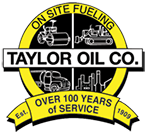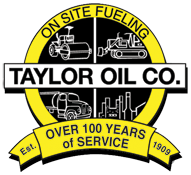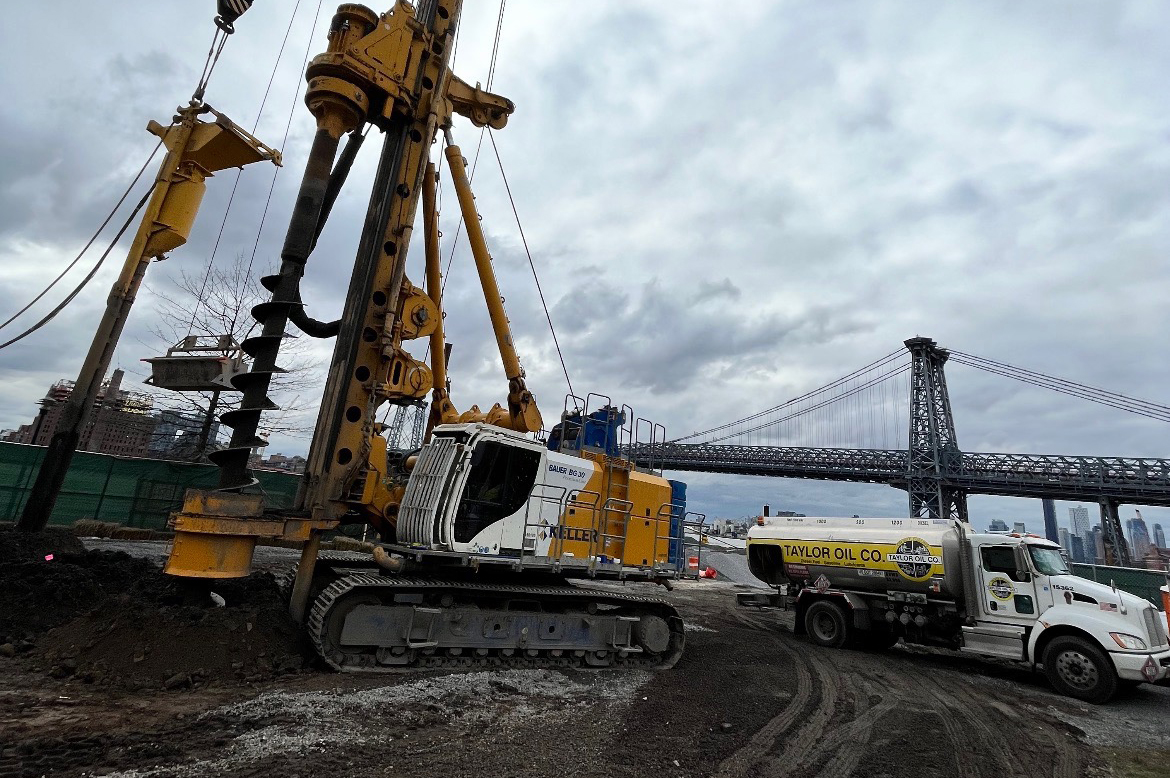Best Practices for Onsite Construction Fueling: Onsite construction fueling is a critical aspect of construction site management. It ensures that heavy machinery, generators, and vehicles have a steady supply of fuel to keep operations running smoothly. However, it’s not just about refilling tanks; it’s about efficiency, safety, and environmental responsibility. In this blog, we’ll explore the best practices for onsite construction fueling to help construction companies optimize their operations.
- Safety First
Safety should always be the top priority when it comes to onsite construction fueling. Implement strict safety protocols, provide adequate training for personnel, and conduct regular safety audits. Some key safety considerations include:
- No Smoking Zones: Clearly designate areas where smoking is strictly prohibited near fueling operations.
- Fire Extinguishers: Ensure that fire extinguishers are readily available and regularly inspected.
- Spill Kits: Have spill kits on hand to immediately respond to any fuel spills.
- Emergency Response Plan: Develop and communicate an emergency response plan in case of accidents or fuel-related incidents.
- Designate Fueling Areas
Create designated fueling areas that are well-ventilated and away from high-traffic zones. These areas should be easily accessible to all vehicles and equipment that require fueling. Proper signage is essential to ensure that everyone knows where to refuel safely.
- Invest in Fuel Storage and Dispensing Equipment
Choose high-quality fuel storage tanks and dispensing equipment that meet industry standards. Regularly inspect and maintain this equipment to prevent leaks, spills, or contamination of the fuel. Consider the following:
- Secondary Containment: Install secondary containment systems to contain spills and prevent groundwater contamination.
- Automatic Shut-Off Systems: Use automatic shut-off nozzles to prevent overfilling.
- Fuel Monitoring Systems: Implement fuel monitoring systems to track fuel consumption and detect anomalies.
- Fuel Quality Management
Ensure the fuel you use is of high quality and meets industry standards. Regularly test and analyze fuel samples to identify any contamination or degradation. Proper filtration systems can help maintain fuel quality.
- Fuel Inventory Management
Implement a fuel inventory management system to track fuel usage accurately. This helps prevent theft, reduces the risk of running out of fuel, and allows for more efficient procurement practices.
- Environmental Responsibility
Construction companies should strive to minimize their environmental footprint. Consider the following practices:
- Spill Prevention and Response Plans: Develop and train staff on spill prevention and response procedures to minimize environmental impact.
- Use of Biodegradable Products: When possible, use biodegradable spill cleanup materials and environmentally friendly fuel additives.
- Emissions Reduction: Explore options to reduce emissions, such as using low-sulfur diesel or alternative fuels.
- Regular Maintenance
Frequently inspect and maintain all fueling equipment, including pumps, hoses, and storage tanks. Schedule routine maintenance to address wear and tear promptly.
- Documentation and Compliance
Maintain detailed records of fuel transactions, inspections, and maintenance activities. Ensure compliance with local regulations and permits related to onsite fueling operations.
- Training and Education
Invest in ongoing training and education for employees involved in fueling operations. Ensure they are aware of best practices, safety measures, and environmental responsibilities.
Conclusion
Effective onsite construction fueling is essential for maintaining productivity and safety on construction sites. By prioritizing safety, investing in quality equipment, managing fuel inventory, and being environmentally responsible, construction companies can optimize their fueling operations. These best practices not only enhance efficiency but also contribute to a safer, more sustainable construction industry. Feel free to reach out to Taylor Oil Company for assistance with onsite fueling.



